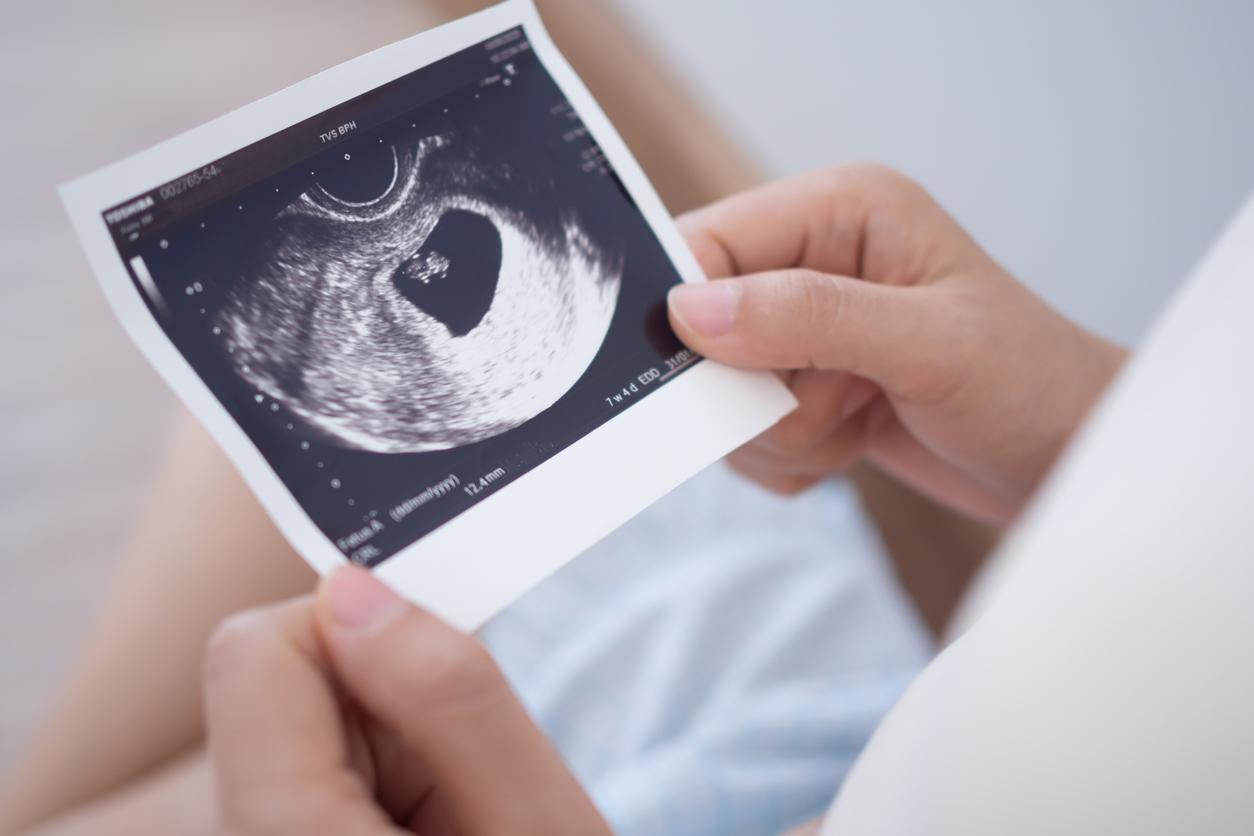Intermittent fasting affects reproduction in fish.

- Both male and female zebrafish have adopted intermittent fasting. After 15 days, they must have reproduced.
- After resuming a normal diet, the females increased the number of their offspring to the detriment of the quality of their eggs.
- In males, a decrease in sperm velocity and a reduction in the survival of their offspring 24 hours after fertilization has been observed.
“Intermittent fasting is a way of eating that involves restricting food intake to certain times of the day. It is a popular health and fitness trend that people practice to lose weight. weight and improve their health. But how the body responds to dietary restrictions can affect egg and sperm quality, and these effects could potentially continue after the fasting period ends. We wanted to know more about how this type of diet can affect fertility”said Alexei Maklakov, professor at the University of East Anglia (England), in a statement.
Zebrafish may have reproduced after adopting intermittent fasting
This is why the researcher and his team decided to carry out a study to analyze how intermittent fasting affects reproduction in zebrafish. In detail, 12 male fish and 12 female fish followed a classic diet and 18 male fish and 18 female fish performed intermittent fasting. After 15 days, the animals having adopted this mode of feeding were able to eat normally again. “It is important to note that this species sometimes eats eggs and therefore there is a risk that the fish may not experience calorie restriction under intermittent fasting,” specified the scientists. Then the animals were encouraged to breed. After this experiment, the authors collected the sperm from the males and examined the eggs from the females after two and 24 hours. The length of their offspring was also measured.
Fasting: negative effects on egg and sperm quality
The team found that intermittent fasting affected reproduction differently in male and female fish. After resuming a normal diet, the females increased the number of their offspring to the detriment of the quality of their eggs, “which resulted in a decline in the survival of their offspring”. In males, a reduction in the speed of spermatozoa and a decrease in the survival of their offspring 24 hours after fertilization has been observed.
“These findings underscore the importance of considering not only the effect of fasting on body maintenance, but also on egg and sperm production. It is important to note that some of the negative effects on egg quality and sperm can be observed after animals return to normal diets after intermittent fasting Further research is needed to understand how long it takes for egg and sperm quality to return to normal after the fasting period “, concluded Edward Ivimey-Cook, co-author of the work published in the journal Proceedings of The Royal Society B.

















